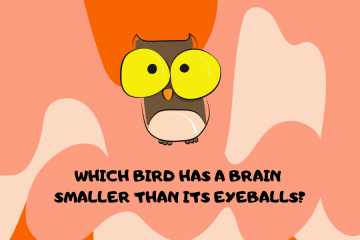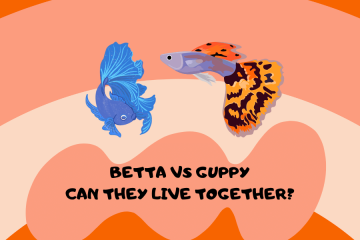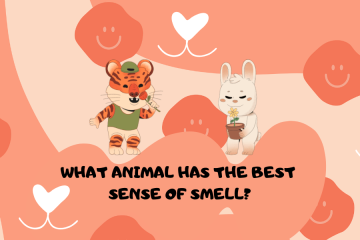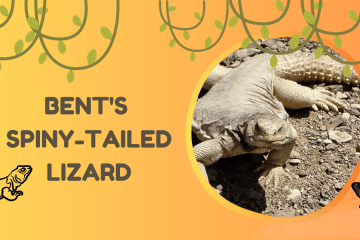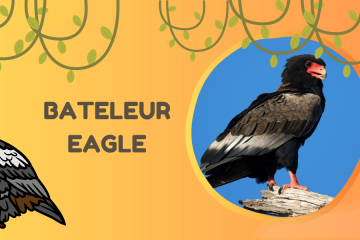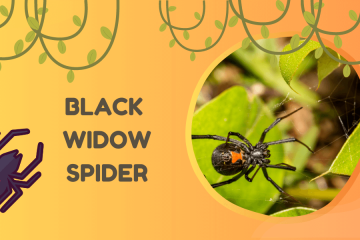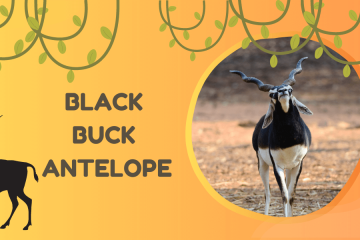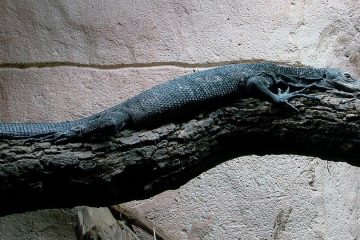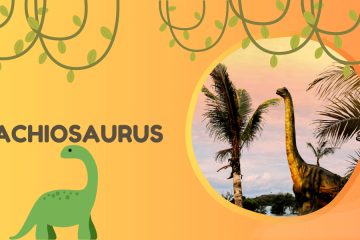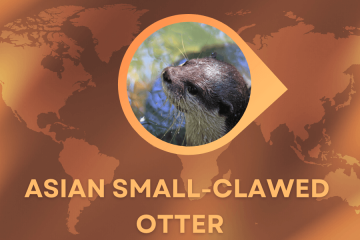Cabbage is a healthy plant that humans enjoy from time to time. In a lot of cultures around the world, cabbage is eaten for New Year to prevent disease and ensure prosperity in the coming year.
Some people may not enjoy eating cabbage at all, but they still understand that it can be good for your health.
If you enjoy cabbage, you may wonder if it is safe for your guinea pig. Just because humans can eat something does not mean your pet can enjoy it as well.
Keep reading to learn more about feeding cabbage to your cavy, including serving size, health risks, and benefits for the leafy green.
Is cabbage safe for guinea pigs?
Yes, cabbage is a safe food for guinea pigs to eat. Their diet should mostly consist of pellets and hay, but cabbage is an appropriate vegetable to give them.
They can properly digest the leafy green in the right quantities, and many guinea pigs enjoy the taste. They like to munch on the crunchy leaves because they are easy for their small, and often brittle, teeth to chew.
Your piggy is not at risk of choking on cabbage, and the vegetable will not upset their stomach if they eat a proper serving size.
Thoroughly wash the cabbage before feeding it to your pet so they do not ingest any harmful pesticides or bacteria that may reside on the plant. You should also remove the stem and cut the cabbage into small bites so they can easily eat it.
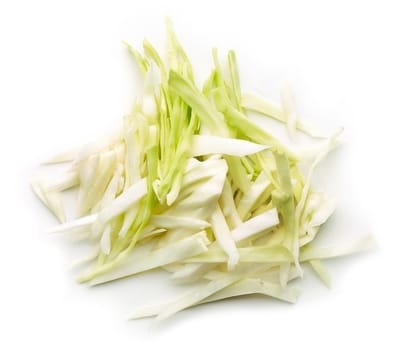
What types of cabbage can guinea pigs eat?
There are several types of cabbage you can buy at the store or grow at home. Each type of cabbage is technically safe for guinea pigs, but some are more nutritious than others, check out my premium guide, It’s full of beautiful photos and lots of good information.
They can have green cabbage in very small quantities. It is not the best choice for your piggy because it contains high levels of calcium.
If you feed them too much of this variety of cabbage, they could experience bladder and kidney stones. Both issues are very painful and typically require medical attention from your vet.
Red cabbage is considered the best type of cabbage for guinea pigs. It does not have as much calcium as the other varieties, so they are less likely to develop urinary tract stones from eating the vegetable.
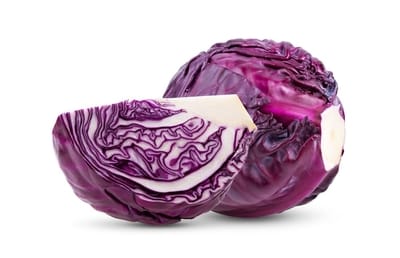
You should try to avoid feeding them Chinese cabbage. It has the highest level of calcium out of all types of cabbage. If you choose to feed this vegetable to your cavy, only do so in minimal quantities to prevent serious health issues.
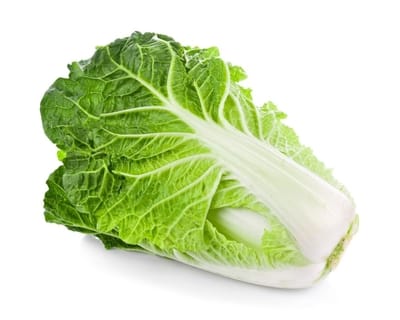
You should also avoid Savoy cabbage. It contains lower levels of vitamin C than other types of cabbage, so it does not provide much nutritional value to your guinea pigs.
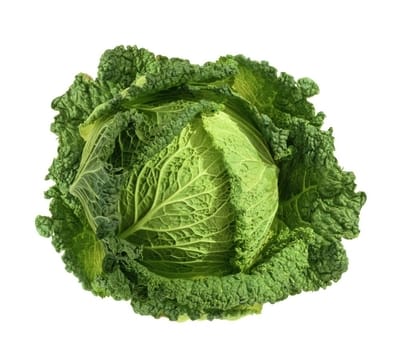
How much cabbage can guinea pigs eat?
As is the case with most fruits and vegetables, guinea pigs should only eat small amounts of cabbage at a time, I’ve owned a lot of piggies over the years and this was my great resource when you have any question. Vegetables and leafy greens are common ways to supplement their diet and provide extra vitamins and minerals, but they should not be overdone.
You can provide cabbage for your cavy a maximum of three times throughout the week. Also, do not serve cabbage multiple days in a row. You want to prevent the buildup of excess calcium in their system by spacing out their intake of the vegetable. Serving the size of cabbage for a guinea pig is only one or two cabbage leaves.
If your pet does not seem interested in eating cabbage, there is no need to worry. You can just remove the uneaten leaves from the cage and offer them a different fruit or vegetable instead. Never leave uneaten cabbage in their crate because it can quickly rot and cause significant damage to their health if eaten later.
Are there nutrients in cabbage?
Cabbage can actually be healthy for guinea pigs if it is served in the proper quantities. Cabbage contains the following vitamins, nutrients, and minerals to provide benefits to your pet.
- Cabbage contains a lot of carbohydrates that help them stay active.
- Small amounts of calcium can keep their bones strong.
- Vitamin K can help keep their teeth from breaking.
- Low cholesterol and saturated fat levels contribute to their overall health.
- Sinigrin has been found to fight against cancer.
- Cyanidins, an antioxidant, helps prevent cardiovascular diseases.
- Flavonoids and phenols act as antioxidants and help prevent a variety of diseases.
- Cabbage provides high amounts of vitamin C, which is essential to your guinea pig’s health.
- Red cabbage contains the most vitamin C, which can protect against scurvy.
Are there risks for feeding guinea pigs cabbage?
There are some risks associated with feeding your piggy cabbage. Most of these issues arise if they receive too much cabbage or eat the vegetable too frequently.
Cabbage can cause them to suffer from gas and bloating, which makes them anxious and uncomfortable.
Large quantities of cabbage can completely disrupt their digestive system and cause significant disruptions in their intestines.
Bloating may not seem like a major issue, but guinea pigs do not pass gas and increased flatulence can lead to serious problems or death.
Types of cabbage with higher levels of calcium, such as green cabbage, Chinese cabbage, and Savoy cabbage, can cause kidney stones and bladder stones.
These issues are very painful for your small pet, and you may have to consult your vet to receive medication and a treatment plan. This is when you need to take your cavy to a vet.
Too much vitamin K, found in cabbage, can lead to blood clots. Cabbage can actually cause their blood to congeal if eaten in large quantities.
This problem can lead to weight gain, lower activity level, and an overall sense of discomfort.
Conclusion
A lot of cavies love cabbage. They can munch on the leaves and receive essential nutrients like vitamin C, vitamin K, and antioxidants.
In the right quantities, servings of cabbage can boost your pet’s immune system and help them stay happy and healthy.
Like any other type of food, it is important to monitor how much and how often you give cabbage to them. Stick to the right serving size for the best results and a content guinea pig.

Lydia King is a huge animal lover and has always been fascinated with learning about the animal kingdom. She enjoys writing about anything animal related from scientific information about rare species to animal references in pop culture.

